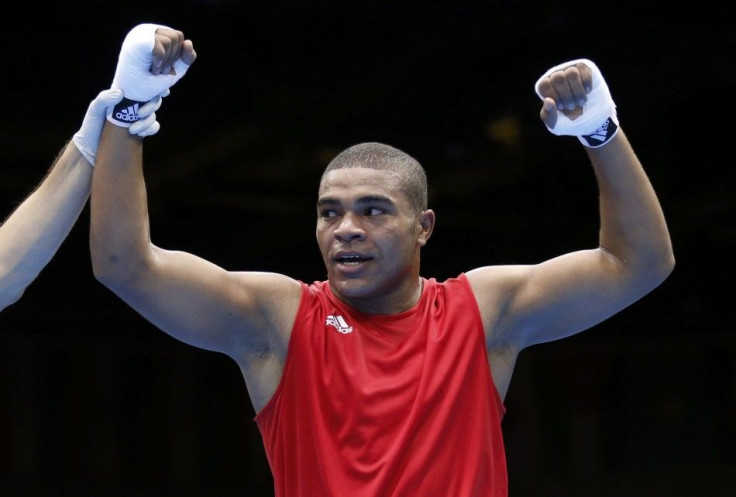After The Arab Spring Revolutions, Middle Eastern Countries Bring New Zeal To Olympic Games

Athletes from 205 countries are competing at the London Summer Olympics of 2012, all striving to represent their home countries. But for some competitors, this year's games will be more important than those of years past.
Several countries -- including Libya, Egypt and Tunisia -- have recently overthrown oppressive regimes in hopes of achieving a more democratic government. These new governments' political struggles continue -- but that hasn't stopped their athletes from going for the gold in London.
Reuters reports that Libya, which overthrew dictator Moammar Gadhafi last year, has sent four athletes to London. It's a small start, but participation alone is an achievement after months of bloody struggles to reclaim the government and establish a democratic system.
Egypt, which overthrew Hosni Mubarak in early 2011, will field more than 100 athletes in various competitions. Despite the continuing power struggle in Cairo, these competitors are still proud to represent their post-revolution republic.
And Tunisia, which has seen relative stability since the overthrow of President Zine al-Abidine Ben Ali last year, will see more than 80 athletes going for gold in London.
In all of these countries, political considerations once held significant sway over Olympic selections. Now, say the participants, that's changing.
"Athletes didn't have rights before, there was interference by those who were close to the previous regime .... They were chosen by the political class," said Tunisian Olympic Committee President Younes Chetali to Reuters.
"The revolution gave the athletes a different momentum."
© Copyright IBTimes 2024. All rights reserved.






















